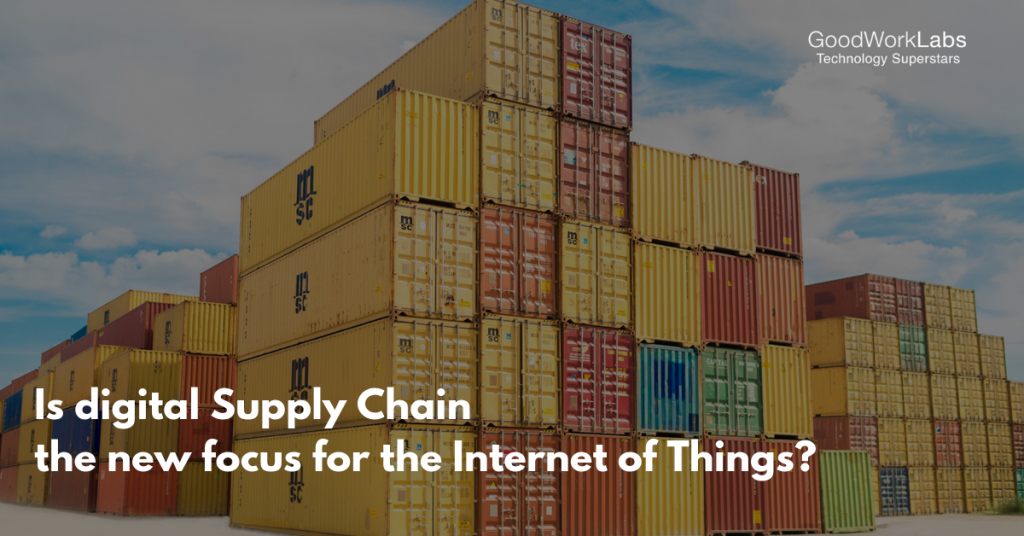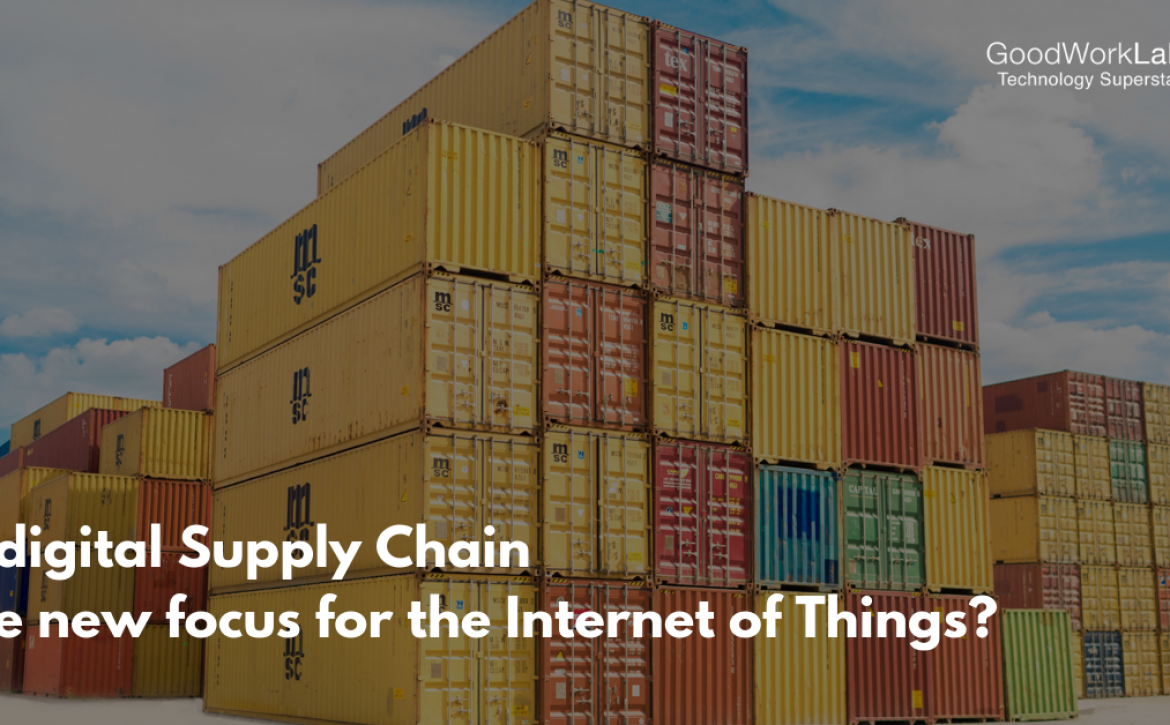How IoT will disrupt the Logistics Industry
IoT in the Logistics Industry
Every business sector or enterprise needs supply chain in its foundation. From a farmer to a manufacturer, organized supply chain is a necessity.
This demand has made third-party supply chain service provider important. However, service seekers still face inefficiencies and face troubles due to invisible procedures.
Thanks to some big players, IoT is now changing the game in the supply chain industry. Better revenue and operational efficiencies have become possible with modern-age tracking.

Here is how IoT can and is influencing the supply chain industry:
1 – Management of fleets
For a large supply chain company, connected fleets are imperative. Every carrier has to stay visible, so that, the company can efficiently manage delivery. Manufacturers need to collect data regarding their delivery trucks, shipment, and other fleets. This data helps in planning product deliveries faster.
Connected fleets make management easier as well. For instance, a company like FedEx has to manage their delivery trucks according to traffic, weather conditions, workers’ availability and other variables. Knowing where your fleets are, makes management easier.
Thanks to cloud platforms, the fleet connection becomes possible. Advanced technologies are being used to analyze weather reports, check traffic conditions and provide an efficient route for the fleets. And operation officials can stay connected with the fleets during the whole route.
2 – Tracking assets
A supply chain manager has to help customers and clients with accurate information. For that, the manager needs accessible information about the location of products in real-time.
The location of the product, shipping container or truck is an important data that changes with every second. With relevant data analytics and cloud software, the manager can monitor who is getting product deliveries and when. The same data helps to know which products are not available in the inventory. Assets become efficiently manageable, which increases the revenue of the company.
3 – Building a stronger vendor relation
Using the asset tracking data, companies can handle their production schedules. But that’s not the only advantage. A company can also leverage asset tracking to build stronger vendor relations. For instance, IBM leverages AI to decipher their suppliers’ needs.
Product quality is the prime requirement of any industry. And if you can incorporate efficient customer experience, revenues can skyrocket in a short span of time. Modern IoT solutions allow a better understanding of what your vendors are looking for and what products are required by customers.
4 – Forecasting production needs
It is time taking for humans to manage inventories. They can’t accurately describe the production or stock requirements. IoT sensors can do that for supply chain inventories. Amazon is using IoT with WiFi robots. They scan codes and track products in the inventory. This way, managers can predict which products are required in the future.
Accurate inventory reports can save from facing deadlines and losing customers altogether. Plus, if a product goes out of stock very often, managers can predict production requirements for the manufacturing department of the company.
IoT does deliver phenomenal value
From management to revenue, IoT technologies are offering new opportunities for the supply chain industry. The efficiency is another advantage that big players are achieving with modern-age technologies.



